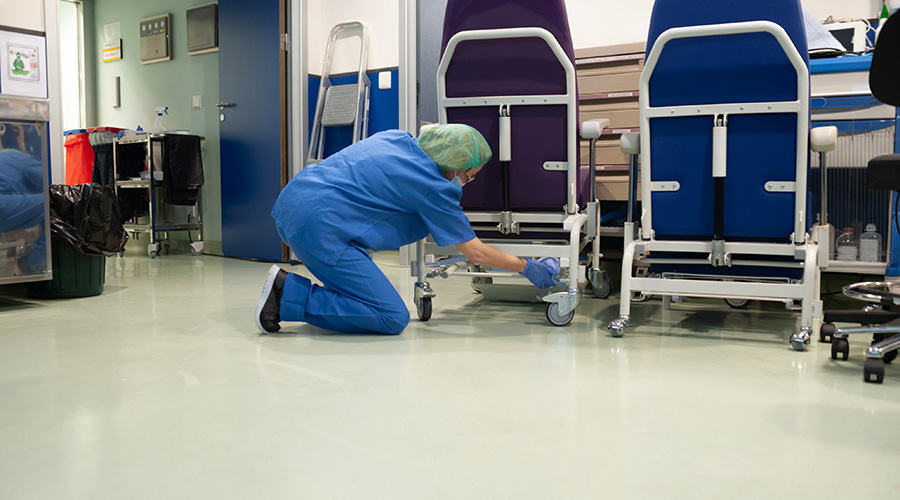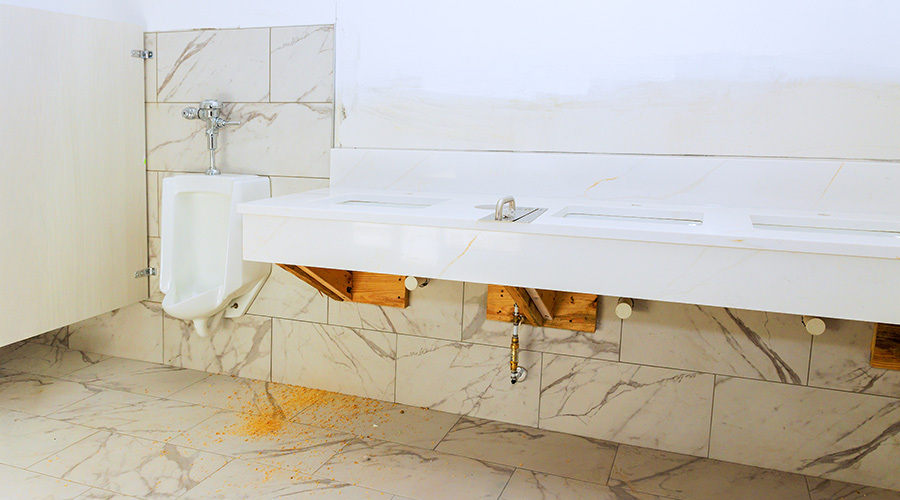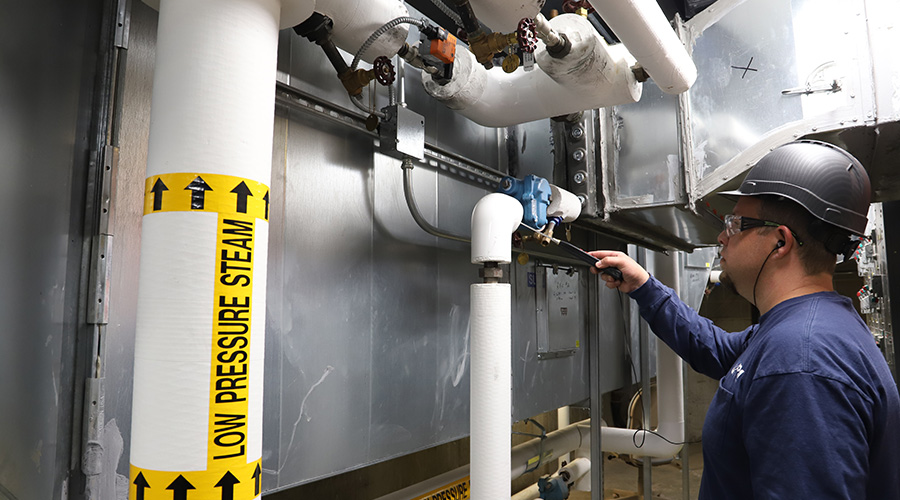In 2019 MIRIS assembled key industry partnerships to plan and build 15 regional Edge datacenters in the Nordic region with up to two megawatts of capacity each, and 25 local Edge facilities with up to 500 kilowatts of capacity each. Svein H. Olavesen, MIRIS VP Business Unit Datacenters, says, “LCS brings to the table a technology that is uniquely able to recapture more than 90% of rack input energy in the form of a 60oC liquid, which enables the reuse of valuable energy that would otherwise be wasted.”
To accomplish its objective MIRIS computing facilities will be connected as one virtual datacenter with functionality to move compute where heat is needed. MIRIS also will build a High-Performance Compute (HPC) platform that provides compute services for such applications as Artificial Intelligence, Augmented and Virtual Reality, Gaming, Autonomous Vehicles, Machine Intelligence, Analytics and Internet of Things.
Carbon emissions associated with datacenters have been a major contributor to man-made global warming and climate change. It is estimated that datacenters currently account for over 3% of electrical energy demand worldwide. The MIRIS/LCS partnership has a goal of eliminating a datacenter’s contribution to global warming by combining LCS ultra-green cooling technology and commercial use of waste heat, with renewable energy sources. The combination of reducing and repurposing datacenter energy use and incorporating renewable power will result in virtually no increase in carbon footprint after installation than before the datacenter was built.
“In addition to reducing the carbon footprint, a MIRIS/LCS datacenter offers many other advantages, including significantly reduced space requirements, zero water consumption, no fans so the datacenter runs quietly, and isolation of electronic components from air so IT hardware lasts longer,” said Stephen Einhorn, Co-Chairman, LiquidCool Solutions. “MIRIS datacenters will leverage all these advantages to create the greenest datacenters in the world, which savvy customers should demand.”
May 26, 2020
Topic Area: Press Release
Recent Posts
 Biofilm 'Life Raft' Changes C. Auris Risk
Biofilm 'Life Raft' Changes C. Auris Risk
Microscopic survival structure protects fungal pathogen from disinfectants and help it survive for long periods.
 How Healthcare Restrooms Are Rethinking Water Efficiency
How Healthcare Restrooms Are Rethinking Water Efficiency
Manufacturers discuss strategies, technologies and design approaches that help healthcare facilities meet their sustainability goals.
 Northwell Health Finds Energy Savings in Steam Systems
Northwell Health Finds Energy Savings in Steam Systems
Case study: A proactive steam trap maintenance program is delivering millions in savings, fast payback and measurable carbon reductions across one of the nation’s largest health systems.
 The Difference Between Cleaning, Sanitizing and Disinfecting
The Difference Between Cleaning, Sanitizing and Disinfecting
Cleaning methods and products have various purposes in reducing the spread of germs.
 Jupiter Medical Center Falls Victim to Third-Party Data Breach
Jupiter Medical Center Falls Victim to Third-Party Data Breach
The third party has determined through an investigation that, at least as early as January 22, 2025, an unauthorized third party gained access to personal health information on legacy systems.